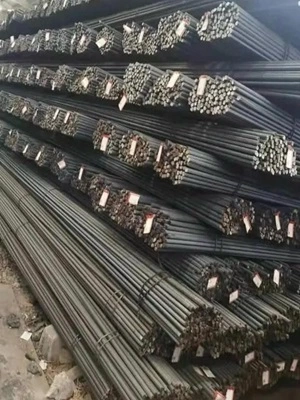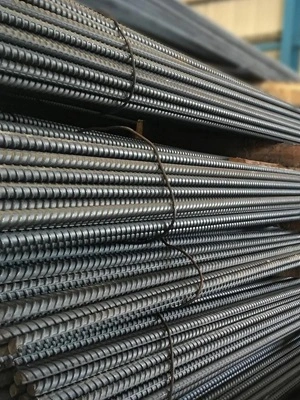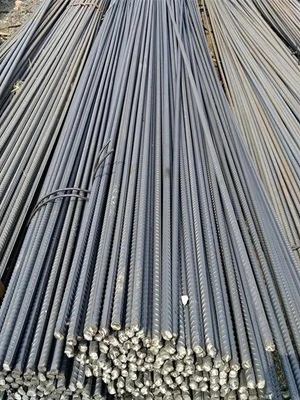


RWAP is your trusted provider of premium-quality Steel Reinforcement Stirrups, Concrete Reinforcing Stirrups, and Reinforcing Ligatures in Sydney. We specialize in supplying high-quality Steel Rebar Stirrups and Steel Ligatures for Concrete, designed specifically to enhance the strength, stability, and longevity of your construction projects.
Our product range includes Reinforcement Fitments, Trench Mesh Ligatures, Reinforcing Mesh Stirrups, and Reinforcement Cage Stirrups. Each product is engineered for precise structural support, ensuring optimal performance in various construction applications.
Custom Rebar Stirrups Supplier: We offer custom solutions tailored to your project’s specific requirements.
High-Quality Steel Ligatures: Durable, robust, and reliable ligatures ideal for concrete slabs and construction fitments.
Prefabricated Reinforcement Stirrups: Convenient, ready-to-install stirrups designed for improved project timelines.
Heavy-Duty Concrete Stirrups: Robust solutions engineered for maximum structural integrity in demanding construction environments.
As a trusted local supplier, we proudly serve the Sydney region with:
Enhance your projects further by exploring our comprehensive Reinforcement Mesh and Stirrups, Concrete Slab Reinforcement Ligatures, Steel Fitments for Construction, and Rebar Accessories Supplier services. Our Heavy-Duty Concrete Stirrups and Reinforcing Bar Stirrups and Ligatures meet the highest industry standards and provide unmatched structural security.
Partner with RWAP for the best Concrete Reinforcement Products Sydney has to offer. Contact our experienced team today to discuss your requirements for Reinforcement Cage Stirrups Sydney, Steel Ligatures Sydney, and all your reinforcement accessory needs. Let us provide a customized, reliable solution for your next construction project.
The quality of RWAP reinforcing steel meets the Australian Standard and certified by ACRS.
RWAP offers a wide range including Steel Reinforcement Stirrups, Concrete Reinforcing Stirrups, Reinforcing Ligatures, Steel Rebar Stirrups, and Steel Ligatures for Concrete.
RWAP specializes in Reinforcement Fitments, Trench Mesh Ligatures, Reinforcing Mesh Stirrups, and Reinforcement Cage Stirrups, engineered for superior structural support and durability.
Yes, RWAP is a trusted Custom Rebar Stirrups Supplier, offering tailor-made solutions specifically designed for your unique construction needs.
RWAP’s High-Quality Steel Ligatures are robust, durable, and designed specifically for concrete slabs and other demanding construction applications.
Absolutely. RWAP supplies Prefabricated Reinforcement Stirrups that are convenient, ready-to-install, and improve overall project timelines and efficiency.
Yes, RWAP provides Heavy-Duty Concrete Stirrups designed for maximum structural integrity and reliable performance in demanding environments.
RWAP proudly serves Sydney, offering Steel Reinforcement Stirrups Sydney, Concrete Stirrups Supplier Sydney, Reinforcing Ligatures Sydney, Trench Mesh Ligatures Sydney, and other reinforcement accessories.
RWAP offers comprehensive solutions including Reinforcement Mesh and Stirrups, Concrete Slab Reinforcement Ligatures, Steel Fitments for Construction, and Rebar Accessories.
You can contact RWAP directly to discuss your specific requirements for Reinforcement Cage Stirrups Sydney, Steel Ligatures Sydney, and various reinforcement accessories, ensuring personalized and reliable solutions tailored to your project.